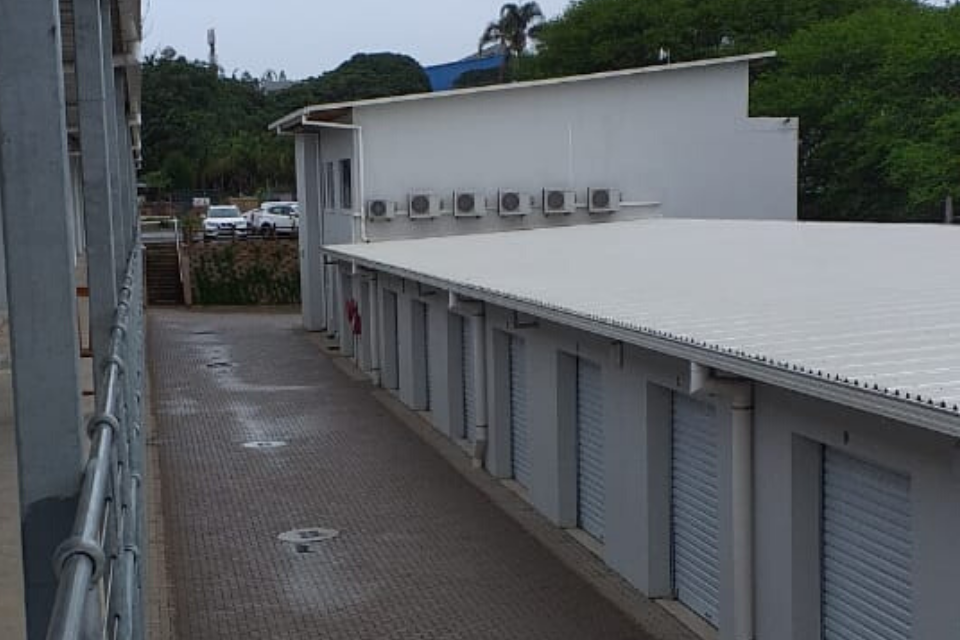Self-storage facilities have been popping up like mushrooms around the greater Durban area over the past few years. Storage units are usually rented on a monthly basis. They come in a range of sizes from as small as 2.5m2 to 36m2 (the size of an average double garage). Most have a roll up garage door that you lock with your own padlock, and you are free to access your unit whenever you like. According to Stor-Age’s website, 70% to 80% of units are rented by residential clients with the rest being commercial (small to medium businesses).
I am not generally a fan of self-storage units as they can be the antithesis of what my business, Simplicity Services, is all about, i.e. helping my clients to let go of their surplus stuff. However, lately a couple of my clients have chosen to use self-storage units as part of their process of letting go, which has got me thinking about their value.
There are circumstances when self-storage makes sense, helping us to manage our stuff during transition periods in our lives or to reduce our home or office rental expenses.
The death or illness of a loved one that requires selling their home
The temporary storage of a loved one’s household contents gives the family time to grieve and sort through which items to keep, sell or discard. It is also helpful if the extended family live far away and cannot deal with everything at the same time.
Downsizing to a smaller home
The downsizing process can be very stressful for the elderly, especially if there is insufficient time before move day to sort through everything properly. Decision-making on what to keep in the long-term can be postponed for a few months during the move and settling period.
Creating breathing room in a small home
Living in a small home such as a bachelor flat can create storage challenges. Placing some items in self-storage can provide a good solution for items that are seldom used but need to be kept. If your home is overfull of stuff and you have no storage space on your property, it can also help the decluttering process by moving some of the stuff to be sorted off-site, giving you more space to move around in your home.
Transitioning to a new city or country
Many people first rent a home when they move to a new city, giving themselves time to find a suburb and home that they want to commit to for the long term. Renting a smaller home on a temporary basis with the rest in storage can also help you to save money until you buy.
It’s also a good option if you are moving overseas. Self-storage can tide you over during the period after your home has been sold, while you are staying with friends or family or in smaller rental accommodation, and getting those final loose ends tied up.
Small business storage
Self-storage may also be the most affordable way to store your business stock in a safe and accessible environment if you don’t have your own premises.
So when is self-storage a bad idea?
-
Storing stuff for too long
Out of sight is out of mind. Often people put their things into storage and then their lives move on and the items in storage get ‘mentally shelved’ or forgotten. If your intention is short-term storage then it is important to set yourself a deadline and intermediate goals to sort through and decide on what to do with the stuff that is stored. Every month that goes by is wasted money.
-
Storing stuff of no or low value
While there may be sentimental reasons why you are holding onto certain things, at the end of the day it is not worth storing them if their value is far less than what you are paying to store them.
-
You can’t afford it
Ultimately, if you are unable to pay your self-storage rental every month and you don’t remove your stuff, it will be sold by the rental facility to recoup their costs.
Think it through
Before you make the decision to rent a self-storage unit, think carefully about why you are doing it and how long you intend to use it. Review your decision monthly when you pay the rental. Using self-storage has several benefits, but it also has costs. Make sure you get the balance right.




